By Mel Cooke—
I have seen this cycle before – the death of a noted performer, the outpouring of emotion, the increased level of airplay, the many newspaper articles, the recollection of moments in his life.
Then, after the funeral, it all fades, until maybe, just maybe, on the birth or death anniversary, there is a little spike in airplay or a newspaper entry.
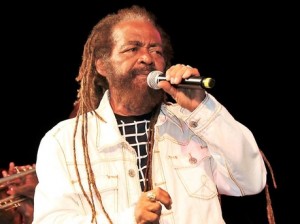
Of course, there are the faithful who do not leap on to the musical bandwagon when John Holt died around the time Jamaica was honoring its heroes and standouts in various fields earlier this month. And it is not everyone who will forget him very quickly then latch on to the next icon of Jamaican popular music who passes on.
However, I have seen it before. Before starting to write entertainment pieces in The Gleaner, I saw it with Dennis Brown on July 1, 1999 (credit must be given to the Andrea Davis-led Jamaica Arts Holdings, which marks International Reggae Day annually on that date, although it is far from being a strictly Dennis Brown celebration. Also, regards must be paid to the organisers of the annual Dennis Brown tribute concert).
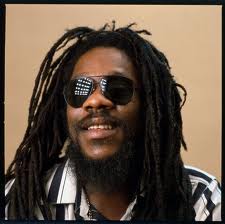
I saw it with Joseph ‘Culture’ Hill, who died on August 19, 2006, as well as with Alton Ellis, who died on October 10, 2008. Lincoln ‘Sugar’ Minot had his turn on July 10, 2010, then it was Gregory Isaacs dying on October 25, 2010.
Earlier this year, during Reggae Month, William ‘Bunny Rugs’ Clarke passed on. Now, it is John Holt’s turn.
high regard after death
With all the comfort that it gives to the living, the high regard after death does not do much for the venerated performer. For one, they don’t have a clue about it, even though there is always someone who says, “I know such and such is up there smiling down on us now.” Also, the spin-offs from the publicity, in terms of increased demand for performances (well, obviously they can’t fulfill those requests, even with hologram technology) and royalties will not flow into their bank accounts.
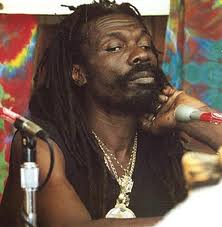
And make no mistake about it – every dollar counts. Not that every artiste from the earlier days of Jamaican popular music is destitute, but they deserve every cent that can be generated by their catalogues because many of them did not earn much from the songs now held up as some of the greatest this little island has produced.
No less important, we have to make the connection between generations that can result in the quality that many complain is lacking in so many recordings now. People pattern what they are exposed to, and if they are not exposed to the music on a continuous basis, the relative youngsters will not have that pool of earlier, enduring Jamaican popular music to reference. It can be beautiful. Listen to Duane Stephenson’s remakes of Cottage in Negril (Tyrone Taylor) and Cool Runnings(Bunny Wailer), as well as C-Sharp’s take on Book of Rules (The Heptones).
And c’mon! There is the all-important intangible factor of one’s lifetime work being appreciated.
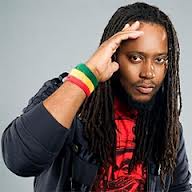
playing suggestions
So I have a few suggestions about persons whose material we should be playing regularly. It is by no means an exhaustive listing. The sole criterion I have applied is that they should have been born before Jamaica’s Independence in 1962 and are alive. Many show no signs of slowing down.
1 Derrick Morgan. The great ska man and an outstanding stage personality who sometimes warns a man in the audience that he sees him romancing his (Morgan’s) lady, notwithstanding the fact that Derrick is visually impaired. All and sundry should know Forward March and I Am The Ruler, but he has a set of Hop tunes that help show there was a dancehall before there became a sound known as dancehall.
2 Prince Buster. The great rival of Morgan, his production of Oh Carolina, done by the Folkes Brothers with drums by the Count Ossie-led aggregation, is critical to the Jamaican sound. His talking tunes, risqué songs and barbs at Morgan (Blackhead Chiney Man) are legendary.
3 Marcia Griffiths. Thankfully, the lady is active on the Jamaican stage and was part of the Penthouse mating of musical generations (which also included Beres Hammond) in the early 1990s. Still, it would be good to hear more of her on radio.
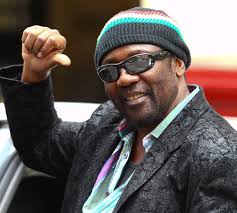
4 Toots Hibbert. The popular songs are numerous. After all, this is the man of the Maytals who ruled the Festival Song contest. But there is a song that is so strong that gets limited airplay – the roots reggae songNever Get Weary Yet.
5 Ken Boothe. Just like with Toots, the popular tracks (such as Everything I Own) are numerous. But how about the slow, searching, Is It Because I’m Black?
6 Ernie Smith. The Pitta Patta Man with the voice that can go to the toes.Duppy Gunman is required listening, but so is Life Is Just For Living.
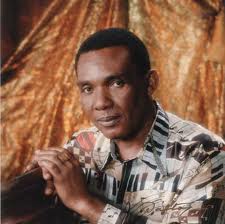
7 Pluto Shervington. Ahh, for a little humour in Jamaican popular music. Not all his songs are smiling songs, though (to twist a line from Peter Tosh) the Your Honor singer can get straight to the heart with a ballad.
8 Fab 5. So the band was not formed before Independence, but core members were born before the Union Jack came down for the last time at the National Stadium. Shaving Cream, anyone?
9 Burning Spear. While his odes to Marcus Garvey are carved into Jamaican music history, the entire Calling Rastafari album (which won him a Grammy) deserves airplay.
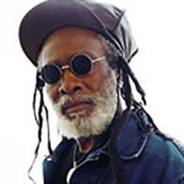
10 Beres Hammond. All right, so the tracks with Buju get lots of attention, plus Putting Up Resistance and the trilogy, which starts with One Dance, but I would love to hear more of the ballads on air, so we can “burn in the morning sun”.
11 Bob Andy. There are so many levels on which one learns from Mr Anderson – singing, songwriting, philosophy, attention to craft, and detail. Many will sing along to “I’ve got to go back home”, but it is his entire songbook that needs a spin – and I am not talking about just the standout album.
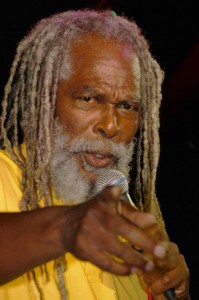
There are so many more. Jimmy Cliff (did his latest Grammy winner get much traction here?); poets Mutabaruka and Oku Onuora; Jimmy Riley (Black Mother Pray is a classic by any standard), and deejay standouts U-Roy and Jah Youth; among them. And there are sure to be so many that could be added to the ranks of those whose work should be played – now and often – across the breadth of radio.


You must log in to post a comment.